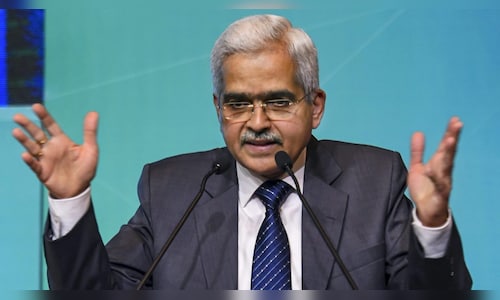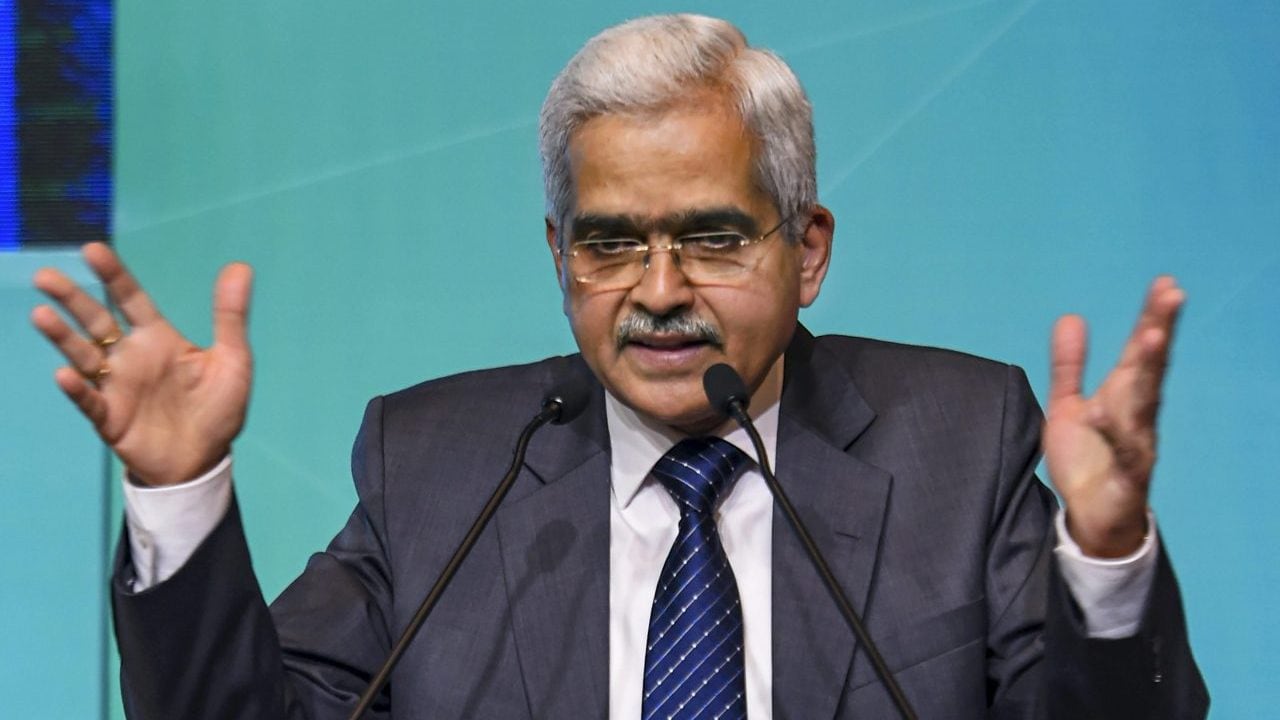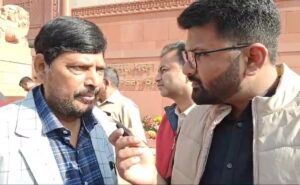

In the past, there have been instances when a new governor was named just three days before the end of the term of the previous governor. Governor Reddy ended his term on September 4, 2008, but we were told that his successor would be Dr D Subbarao only on September 1, 2008. One learnt later that PM Manmohan Singh had tried to convince Dr Reddy to stay on, given the looming Lehman Crisis and the need for continuity, but Dr Reddy had declined on the plea of his weakening health.
However, there has been no instance of a governor whose term was being extended not being told of his extension until the nth day. When Dr Jalan was given a second term in 2002, the reappointment came nearly four months before his term ended. Dr Reddy was given a five-year term in one shot. Governor Das himself was reappointed for his second term a good two months before his first term ended on December 11, 2021.
Mr Das is already one of the longest-serving governors of the RBI, completing a full six years in office as of December 10. Only Benegal Rama Rau, who was governor for seven and a half years (from July 1, 1949, to January 14, 1957) has served a longer term.
And whether Das will get a third term is as big a question on the market’s mind as whether he will cut the repo rate or the CRR.
To be sure, the inflation targeting framework makes the RBI governor less powerful in rate setting. He has only one of six votes. His only privilege is that he has a casting vote (i.e., two votes) in case of a tie.
It’s possible that Governor Das knows a thing or two about who will be the incumbent of the gubernatorial office after December 10. It is also possible that, like Dr YV Reddy, he has told the government he is too tired to continue.
Whatever the behind-the-scene moves on a new governor or new term for the old governor, stretching the decision all the way to wire has led to unnecessary speculation.
(Edited by : Ajay Vaishnav)



